
Palestinian Tanneries
At Risk Of Closure (Photo : MEMO)" width="338" height="225" /> Palestinian Tanneries At Risk Of Closure due to an assortment of Israeli restrictions. (Photo : MEMO)Hebron, 11 Jumadal Awwal 1436/2 March 2015 (MINA) – In the years before the establishment of the State of Israel, caravans and traders from neighbouring Arab states crossed open borders bringing hides from Damascus, Beirut and Cairo that fed the work of Palestine’s tanneries alongside local materials.
Today, the few Palestinian tanneries that survive in the industrial hub of Hebron stand at the risk of closure due to an assortment of Israeli restrictions.
13 tanneries remain open in Hebron today, whilst the northern West Bank also accommodates a small number of surviving workshops, Middle East Monitor (MEMO) quoted by Mi’raj Islamic News Agency (MINA) as reporting, Monday (2/3).
The Hebron tanneries are all run by the Zatari family who have led the local leather production industry since it began, and stand huddled together in one area of the city’s sprawling industrial zone.
Also Read: Israeli Airstrikes Kill at Least 10 Palestinians Across Gaza
Until the Second Intifada, tanneries in the West Bank received regular supplies of raw hides from Gaza.
That supply route was then banned by Israel and the international import of raw hides to Palestine is also banned by Israel. This leaves the tanneries with access only to local raw hides which themselves are insufficient to meet demand.
In 1998, USAID financed a chromium removal and recycling plant alongside the tanneries which aimed to ensure the survival of the industry through safe environmental practices.
In 2005, Israel banned sulphuric acid – an essential chemical in the running of the plant – from entering the West Bank as a ‘security threat’. Without access to sulphuric acid the recycling plant was forced to close down.
Also Read: MSF Warns Gaza Faces Winter Hardships as Aid Remains Insufficient Despite Ceasefire
Last year, Friends of the Earth Middle East announced that Israel was changing these policies as one of a range of gestures aimed at prolonging negotiations between Israel and the PA.
Despite this claim, Hebron’s tanneries say they Israel is still denying them access to sulphuric acid and other essential chemicals.
Hebron’s tanneries employed close to 300 people before the Second Intifada but today those numbers have dwindled.
Waleed Zatari who runs one of the family’s tanneries in Hebron’s industrial zone says that he previously had more than 10 full time workers but is now down to just 2.
Also Read: Human Rights Watch Accuses Israel of War Crimes Over West Bank Expulsions
He himself has worked in the family business since he was child. Smaller tanneries on the same site are basically not running at all these days although have not officially closed.
Zatari says his work days are now also numbered: “We keep hearing promises but nothing happens. If we can’t get new chemicals we will be forced to close by the end of March, then what will we do? We have nothing except this industry”. (T/P002/P3)
Mi’raj Islamic News Agency (MINA)
Also Read: Israeli Army Conducts Dozens of Strikes Across Gaza, Violating Ceasefire Agreement





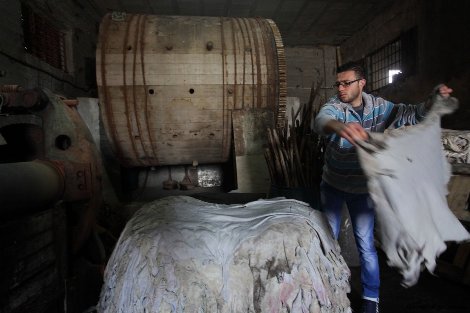

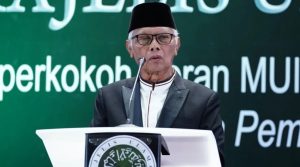
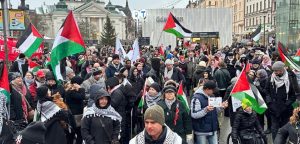



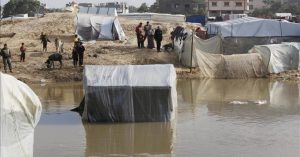
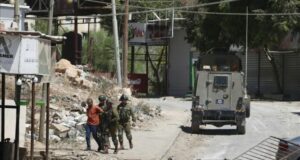
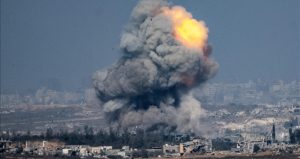













 Mina Indonesia
Mina Indonesia Mina Arabic
Mina Arabic